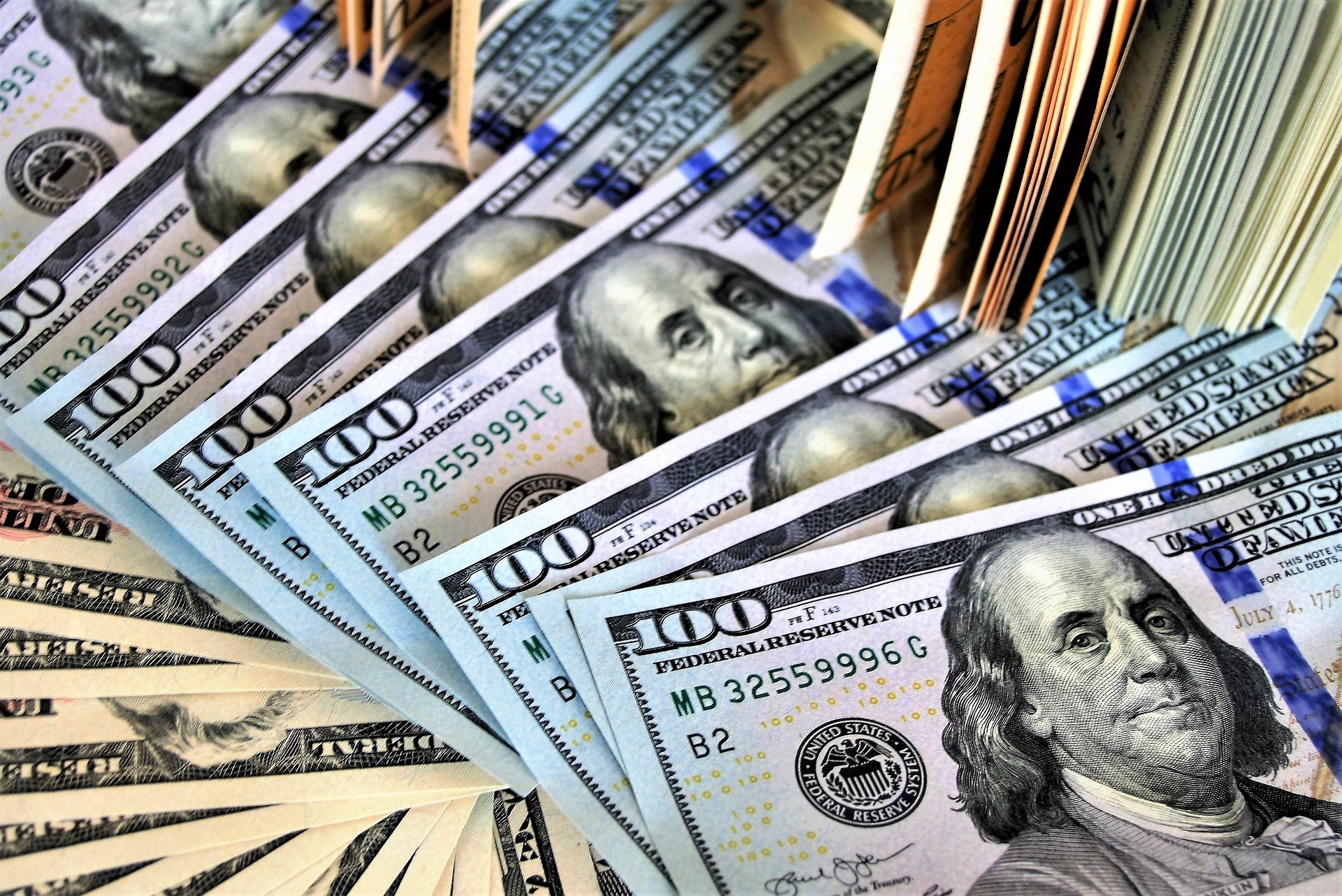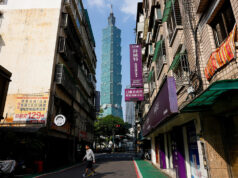May FDI net inflows fall to 16-month low

By Luisa Maria Jacinta C. Jocson, Reporter
NET INFLOWS of foreign direct investments (FDI) slipped to a 16-month low in May amid a decline in investments in equity capital, the Bangko Sentral ng Pilipinas (BSP) reported.
Preliminary data from the BSP showed FDI net inflows dipped by 1% to $499 million in May from $504 million a year ago.
Month on month, net inflows decreased by 10.3% from $556 million in April.
 May saw the lowest monthly FDI inflow since $478 million in January 2023.
May saw the lowest monthly FDI inflow since $478 million in January 2023.
“This decline emanated mainly from the 31.7% drop in nonresidents’ net investments in equity capital (other than reinvestment of earnings),” the BSP said.
Central bank data showed net investments in equity capital other than reinvestment of earnings slid by 31.7% to $161 million from $235 million a year earlier.
Equity capital placements declined by 32.1% to $174 million, while withdrawals dropped by 36.9% to $14 million.
Reinvestment of earnings stood at $97 million, down by 3.7% from $101 million a year earlier.
Investments in equity and investment fund shares likewise slumped by 23.3% year on year to $257 million from $336 million a year ago.
On the other hand, nonresidents’ net investments in debt instruments of local affiliates jumped by 43.4% to $242 million in May from $169 million a year ago.
By source, equity placements were mainly from Japan (75%), followed by the United States (10%) and Hong Kong (7%).
These were invested mostly in manufacturing, real estate, and the arts, entertainment and recreation sectors.
FIVE-MONTH FDI
For the first five months of the year, FDI net inflows climbed by 15.8% to $4.024 billion from $3.475 billion in the year-ago period.
Foreign investments in debt instruments inched up by 1.7% to $2.479 billion in the January-May period from $2.436 billion the year prior.
On the other hand, reinvestment of earnings dipped by 1% to $407 million as of end-May from $411 million last year.
Investments in equity and investment fund shares jumped by 48.8% to $1.545 billion in the period ending May from $1.038 billion a year ago.
Net foreign investments in equity capital surged by 81.4% to $1.139 billion in the five-month period from $628 million a year ago.
This as equity capital placements soared by 75.3% to $1.387 billion, while withdrawals rose by 51.7% to $248 million.
In the five-month period, these placements mostly came from the United Kingdom (56%), Japan (29%) and the United States (6%).
“While the overall trend for the first five months of the year remains positive with a 15.8% increase, the May data suggest a potential slowdown,” Security Bank Corp. Chief Economist Robert Dan J. Roces said in a Viber message.
“Factors such as global economic uncertainties, domestic challenges and regional competition may have contributed to this,” he added.
Rizal Commercial Banking Corp. Chief Economist Michael L. Ricafort said the lower FDI was due to “risk aversion largely brought about by geopolitical risks in view of the unprecedented direct attacks between Iran and Israel (in April).”
Mr. Roces also noted the sensitivity of FDI inflows to interest rates.
“FDI data were also weighed down in recent months by the still relatively higher global and local prices and interest rates that increased borrowing costs for global and local investors and slowed down FDIs back to below pre-pandemic levels,” Mr. Ricafort added.
The BSP has kept its benchmark rate at 6.5% since October last year, its highest in over 17 years.
The central bank raised borrowing costs by 450 basis points (bps) from May 2022 to October 2023 to tame inflation.
The Monetary Board is set to meet on Thursday (Aug. 15) for its next rate-setting meeting. A BusinessWorld poll showed that nine of 16 analysts surveyed expect a 25-bp rate cut at the meeting.
“Achieving the $9.5-billion FDI target for 2024 will require sustained investor confidence and a favorable economic climate,” Mr. Roces said.
The BSP expects to record FDI net inflows of $9.5 billion this year.



